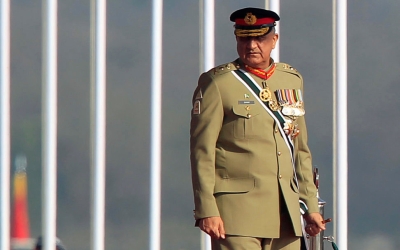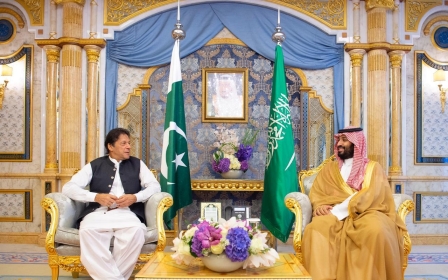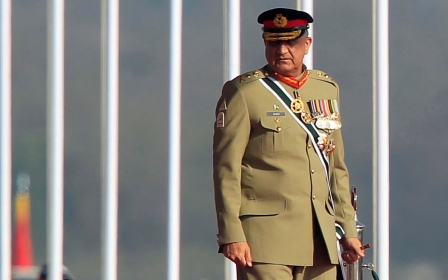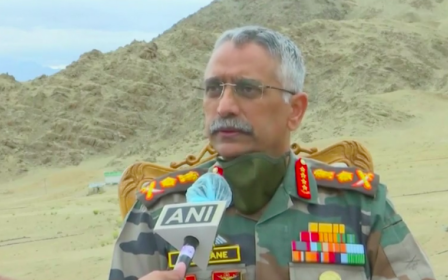Pakistan returns $1bn to Saudi Arabia and turns to China for loan assistance
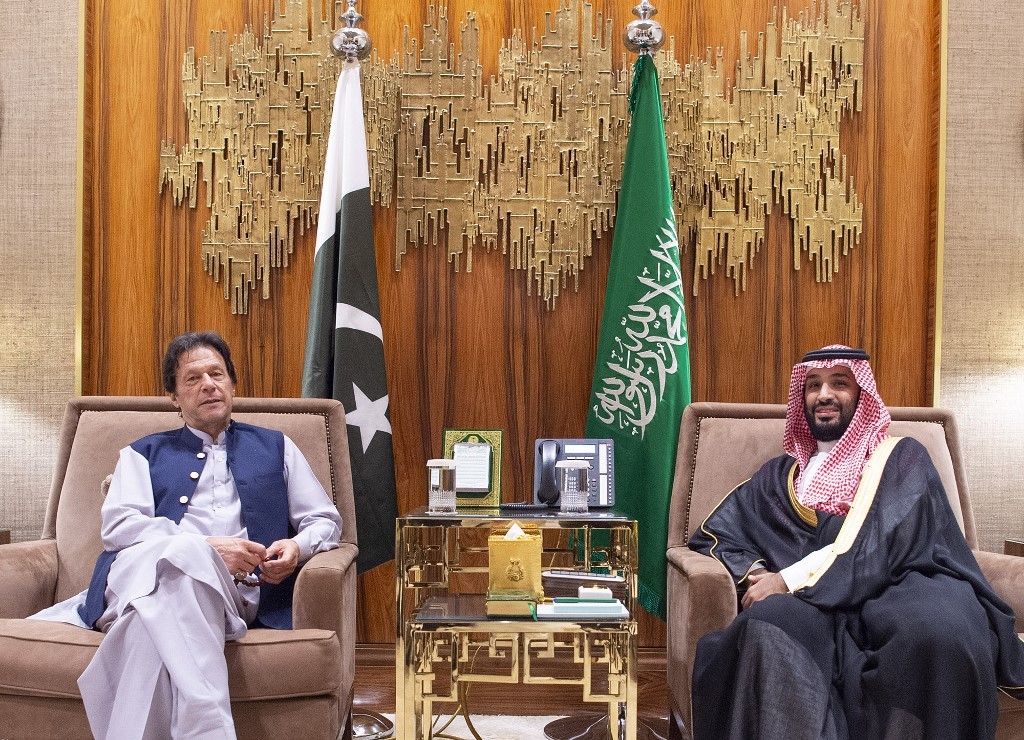
Cash-strapped Pakistan has returned $1bn to Saudi Arabia as the second instalment of a $3bn soft loan, and is turning to China to help pay the rest.
Saudi Arabia has historically never asked Pakistan to repay its loans.
But earlier this year, the kingdom broke diplomatic norms and pushed Islamabad to repay the $3.3bn loan after Pakistan's foreign minister admonished Saudi Arabia for not criticising India's crackdown in Kashmir.
Islamabad sent its army chief General Qamar Javed Bajwa to Saudi Arabia in August to solve the diplomatic spat, but he was snubbed and denied an audience with Crown Prince Mohammed bin Salman.
Last year, Saudi Arabia reportedly strong-armed Pakistan into not attending an Islamic summit that was dubbed the rival of the Organisation of Islamic Cooperation.
'China has come to our rescue'
Pakistan, which has $13.3bn in central bank foreign reserves, could face issues clearing the next Saudi instalment.
Pakistani officials told Reuters that their country planned to give another $1bn, with the help of China.
"China has come to our rescue," a Pakistani foreign official told Reuters.
A finance ministry official said that Pakistan's central bank was in talks with Chinese commercial banks. He noted that the option for a debt swap option was also on the table.
"We've sent $1bn to Saudi Arabia," the financial official said, stating that it planned to send another billion next month. The first $1bn was paid back in July.
Although a $1.2bn surplus in its current account balance and a record $11.77bn in remittances in the past five months have helped support the Pakistani economy, having to return the Saudi money is still a setback.
Washington has raised concerns about Pakistan turning to China, fearing it will fall into a debt trap.
In 2018, Sri Lanka handed over its Hambanthota port to China after it failed to repay Chinese loans to build it.
Middle East Eye propose une couverture et une analyse indépendantes et incomparables du Moyen-Orient, de l’Afrique du Nord et d’autres régions du monde. Pour en savoir plus sur la reprise de ce contenu et les frais qui s’appliquent, veuillez remplir ce formulaire [en anglais]. Pour en savoir plus sur MEE, cliquez ici [en anglais].


